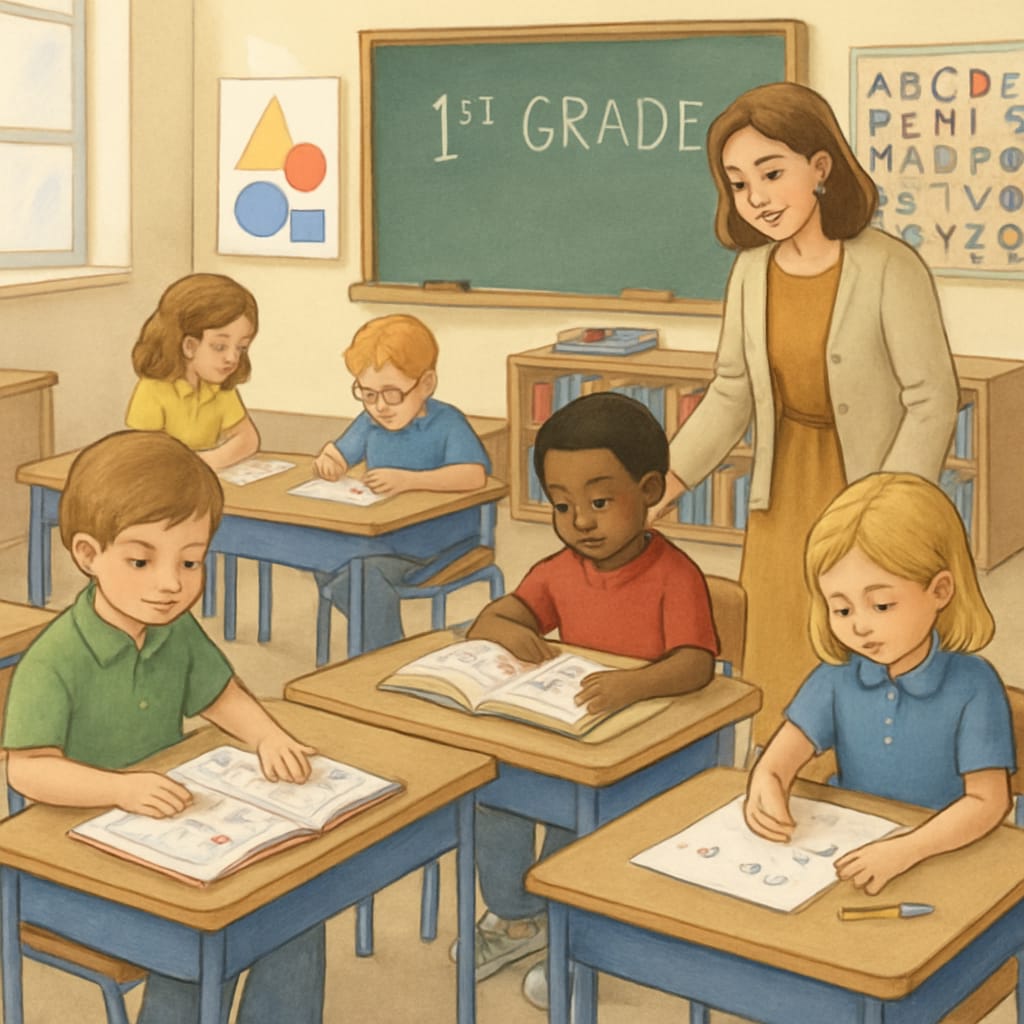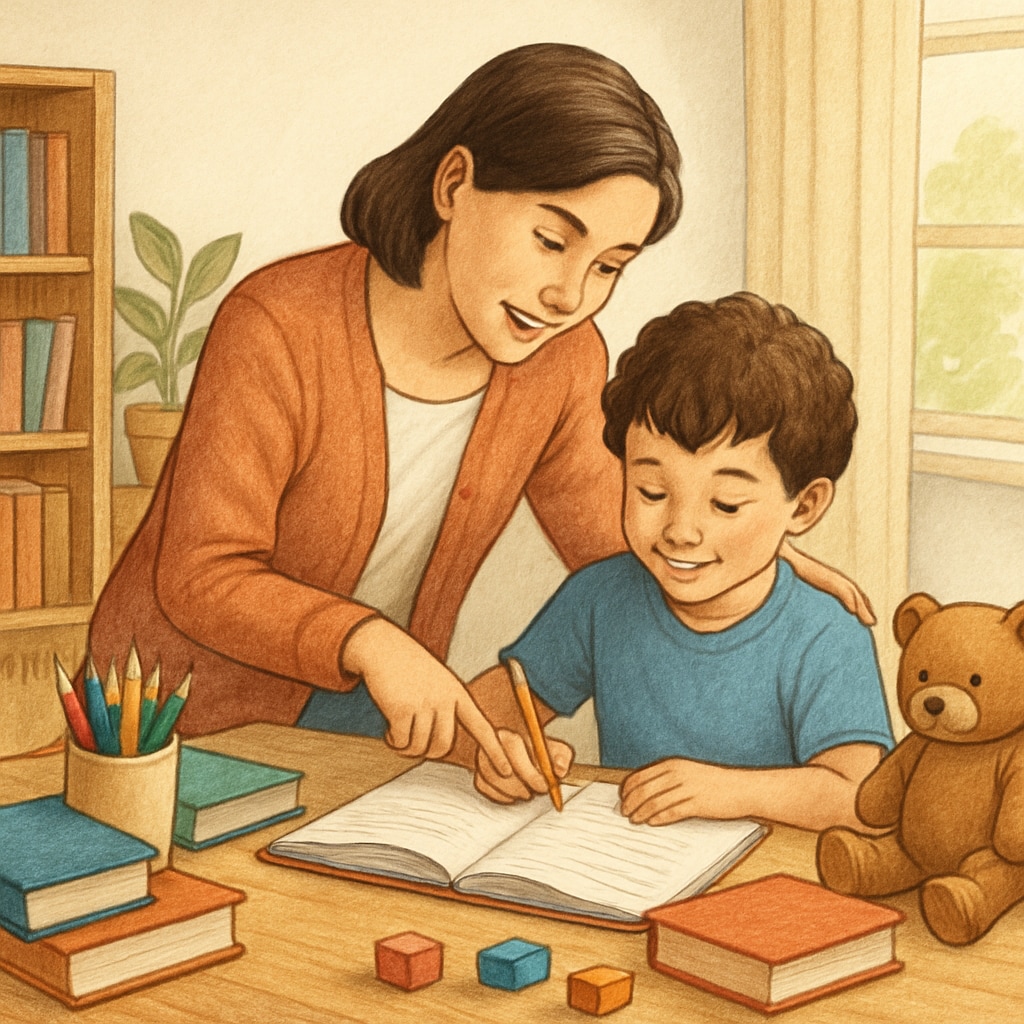The pressure of university applications has trickled down to affect first-grade students, creating significant challenges for young children and their families. Once reserved for high school juniors and seniors, the competition for university admissions has expanded into early childhood education. This trend raises serious concerns about how early academic stress impacts children’s development, emotional well-being, and their ability to enjoy a carefree childhood.
Why Is University Application Pressure Reaching First-Grade Students?
The phenomenon of children facing academic stress at such a young age stems from multiple factors. First, the increasing competitiveness of higher education has led to parents and schools emphasizing early preparation. Many believe that building an impressive transcript starts with enrolling in prestigious elementary schools, which are seen as stepping stones to elite universities. As a result, children are subjected to rigorous academic programs and extracurricular activities before they can fully comprehend their purpose.

Additionally, societal expectations play a significant role. Parents often feel compelled to meet societal standards of success, pushing their children into advanced programs or private tutoring to “stay ahead.” As a result, the focus on long-term goals—such as university admissions—overshadows the immediate needs of children’s psychological and social development.
The Impact of Premature Academic Pressure on Young Minds
Subjecting first-grade students to university-related expectations can have lasting consequences. Children at this age are still developing foundational cognitive, emotional, and social skills, and excessive pressure can interfere with these processes. Some of the potential impacts include:
- Stress and anxiety: Young children may struggle with overwhelming schedules and expectations, leading to feelings of inadequacy.
- Loss of creativity: Structured programs often prioritize academic success over free play, which is crucial for fostering imagination and problem-solving skills.
- Reduced self-esteem: Constant comparisons to peers can diminish a child’s confidence and sense of self-worth.
- Parent-child tension: High parental expectations can strain family relationships, as children may feel misunderstood or unsupported.
According to research from Britannica on child development, early childhood is a critical period for emotional growth, and undue stress can hinder this process. Therefore, it is essential to balance academic goals with nurturing environments that prioritize emotional well-being.
How Can Parents and Educators Address This Issue?
To mitigate the challenges facing first-grade students, both parents and educators must take proactive steps. Here are some strategies:
- Focus on holistic development: Encourage activities that foster creativity, communication, and emotional intelligence rather than solely prioritizing academics.
- Set realistic expectations: Recognize that every child develops at their own pace and avoid imposing unrealistic goals related to future university admissions.
- Promote free play: Allocate time for unstructured play, which is vital for cognitive and social growth.
- Educate parents: Provide workshops or resources to help parents understand the importance of balanced childhood development.
- Advocate for policy changes: Work with schools and policymakers to reduce early academic pressure and create age-appropriate curriculums.

Reevaluating the Purpose of Education
At its core, education should aim to inspire curiosity, foster personal growth, and prepare children for life—not just university. By reevaluating our priorities, parents and educators can help children build strong foundations without sacrificing their childhood joy. As Wikipedia’s article on education suggests, learning involves more than academic achievement; it includes emotional, social, and creative aspects that are equally vital.
It is time to challenge the status quo and ensure that education systems prioritize the holistic development of children over premature academic competition. By doing so, we can create environments where children thrive and grow into confident, well-rounded individuals.


